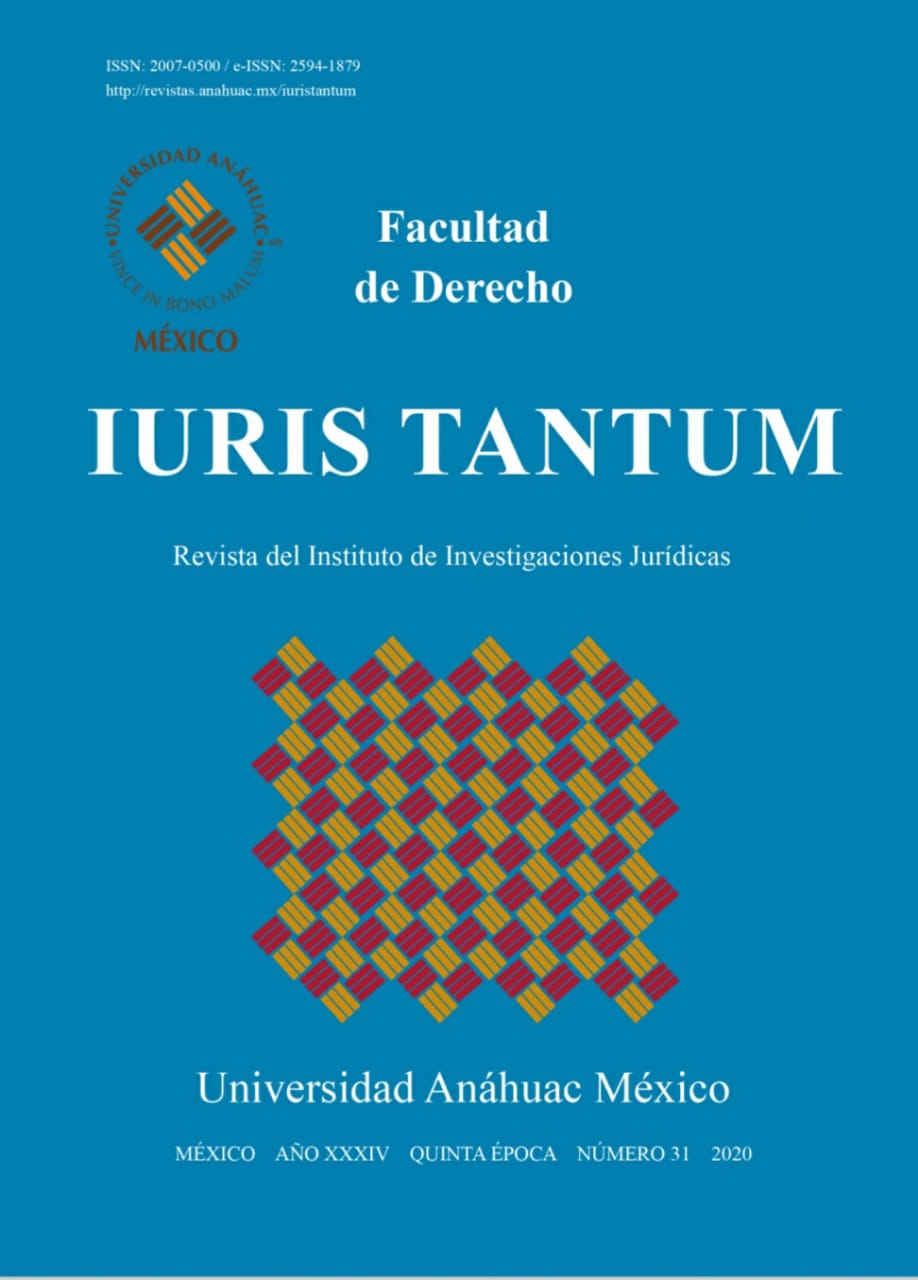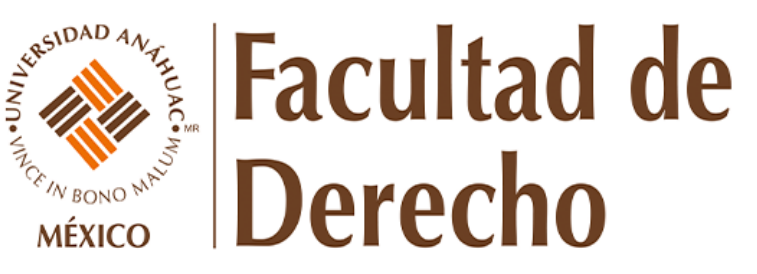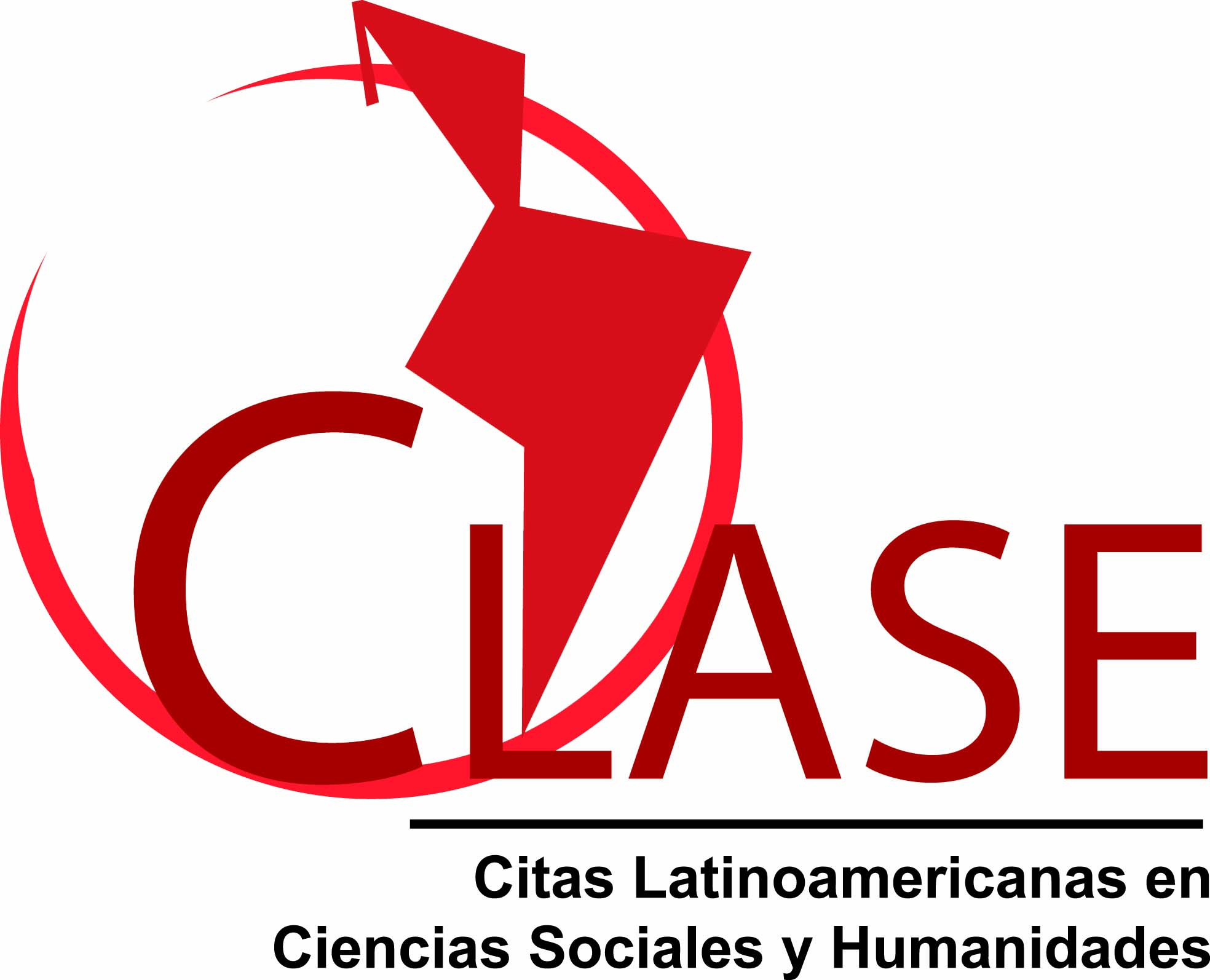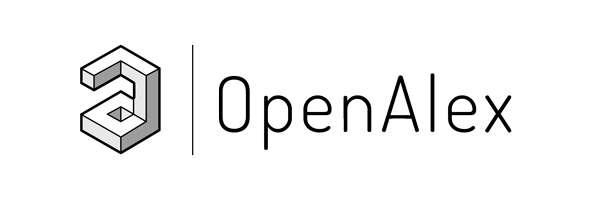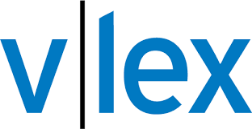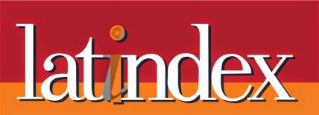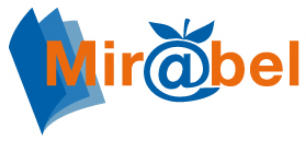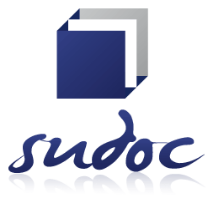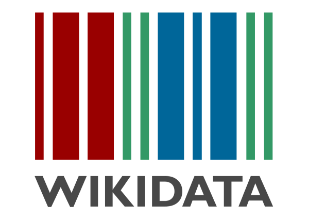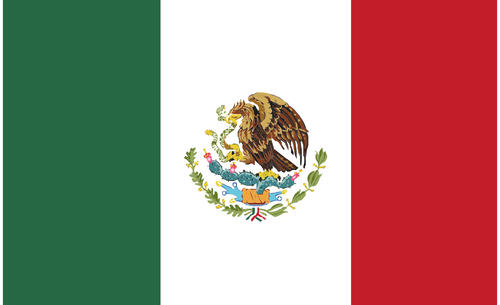LA (IM)POSIBILIDAD DE EDUCAR HOY LA CONDICIÓN PARADIGMÁTICA DE LA EDUCACIÓN EN CONTEXTOS ACTUALES
DOI:
https://doi.org/10.36105/iut.2020n31.10Palabras clave:
artefactos, precariedad, nuda vida, posibilidad, bioeducaciónResumen
La educación hoy en día, en el encuadre de las ciencias interesadas en el estudio del poder simbólico diseminado en el cuerpo social a partir de artefactos vinculados al poder y vinculantes a la individualidad de cada ciudadano, requiere un repensar el mapa conceptual y las implicaciones sociales de una relectura del evento aprendizaje. Situación que se muestra casi imposible de lograr: educar al ciudadano en y desde el poder y el saber en una perspectiva agambeniana de la vida nuda, la posibilidad como horizonte y la benevolencia como factores teóricos de relectura del hecho educativo en contextos más allá de la posmodernidad donde el pensamiento-comunidad-éxodo posibilitan una educación hoy en el misterio del tiempo y la precariedad de la vida. El presente es una reflexión teórica sobre la educación, los artefactos de poder y cuatro condiciones plausibles para el ciudadano de hoy.
Descargas
Referencias
AGAMBEN, G. (1998). Homo Sacer. El poder Soberano y la nuda vida I. Valencia:
Pre-Textos.
AGAMBEN, G. (2004). Estado de excepción - Homo sacer, II, I. Buenos Aires:
Adriana Hidalgo editora.
AGAMBEN, G. (2010). Medios sin Fin. Notas sobre política. Valencia: Pre-Textos.
AGAMBEN, G. (2014). Altísima Pobreza. Reglas monásticas y formas de vida
(Homo sacer IV, 1). Valencia, España: Pre-Textos.
AGAMBEN, G. (2015). ¿Qué es un dispositivo? seguido de El amigo y de La
Iglesia y el Reino. Barcelona: Anagrama.
AGAMBEN, G. (2016). El Fuego y el Relato. Madrid, España: Sexto Piso.
ARONOWITZ, S., y GIROUX, H. (1985). Education under siege: The conservative,
liberal, and radical debate over schooling. South Hadley, MA: Bergin & Garvey.
BAUMAN, Z. (2007). Ética Posmoderna. Mexico: Siglo XXI.
BAUMAN, Z. y BORDONI, C. (2016). Estado de Crisis. México: Paidós.
BAUMAN, Z. y DONSKIS, L. (2015). Ceguera Moral. La pérdida de sensibilidad
en la modernidad líquida. Barcelona, España: Paidós.
BOURDIEU, P. (1977). La reproducción. Elementos para una teoría del sistema
de enseñanza. Barcelona : Laila.
CASTRO ORELLANA, R. (2008). Foucault y el cuidado de la libertad. Ética
para un rostro de arena. Santiago de Chile: Editorial LOM.
DAVIS, S. H. (2006). Influencing transformative learning for leaders. School
Administrator, 63(8).
DEATON, A. (2015). El Gran Escape. Salud, riqueza y los orígenes de la desigualdad.
Mexico: FCE.
DERRIDA, J. (2004). Eyes of the university. Stanford, CA: Stanford University
Press.
FOUCAULT, M. (1992). Microfísica del poder. Madrid: La Piqueta.
FOUCAULT, M. (1992). Mocrofísica del Poder. Madrid: La Piqueta.
FOUCAULT, M. (1998). Vigilar y castigar. Nacimiento de la prisión. México:
Siglo XXI.
GADAMER, H. (2004). Truth and Method (2nd Edition ed.). (J. Weinsheimer,
& D. G. Marshall, Trans.) New York: Continuum.
HARARI, Y. N. (12 de Agosto de 2018). WIRED. Recuperado el Febrero de 2019,
de Yuval Noah Harari on what the year 2050 has in store for humankind:
https://www.wired.co.uk/article/yuval-noah-harari-extract-21-lessons-forthe-
21st-century
Innovación educativa. (5 de Octubre de 2018). Reimagine Education Lab. Recuperado
el Febrero de 2019, de Estamos cambiando de fase...es hora de enfocar
la transformación profunda de la educación: https://xavieraragay.com/innovacion_
educativa/estamos-cambiando-de-fase-es-hora-de-enfocar-la-trasformacion-
profunda-de-la-educacion
KING, K. P., y BIRO, S. (2000). A transformative learning perspective of continuing
sexual identity development in the workplace. New Directions for Adult
and Continuing Education, 112, 17-27.
MCLUHAN, M. (1964). The Gutenberg Galaxy: The Making of Typographic
Man. Toronto: University of Toronto Press.
MONTERO, L., & GEWERC, A. (2018). La profesión docente en la sociedad
del conocimiento. Una mirada a través de la revisión de investigaciones de los
últimos 10 años. Revista de Educación a Distancia, 56(3), 1-22.
MORENO, H. (2006). Bourdieu, Foucault y el poder. Iberoforum. Revista de
Ciencias Sociales de la Universidad Iberoamericana, 1(2), 1-14.
PHILIP, T.M., & GARCIA, A.D. (2013). The Importance of Still Teaching the
iGeneration: New Technologies and the Centrality of Pedagogy. Harvard Educational
Review, 83(2), p. 309.
RODRÍGUEZ, A. (2018a). La autoapropiación y sus implicaciones educativas. A
los sesenta años del Insight de Bernard Lonergan. México: Ediciones Navarra-
Universidad Salesiana.
RODRÍGUEZ, A. (2018). Liderazgo Preventivo en la Universidad. México: Ediciones
Navarra.
SOSSA ROJAS, A. (15 de abril de 2012). Análisis desde Michel Foucault referentes
al cuerpo, la belleza física y el consumo. Recuperado el junio de 2019,
de Polis Revista Latinoamericana: http://journals.openeditionúmrg/polis/1417
STEIN, J. (2013). The New Greatest Generation. Why Millennials Will Save Us
All. Time, 181(19), 26-34.
Publicado
Número
Sección
Licencia
Iuris Tantum se distribuye bajo una licencia internacional Licencia Creative Commons Atribución-NoComercial-CompartirIgual 4.0 Internacional.
El autor conserva los derechos patrimoniales sin restricciones y garantiza a la revista el derecho de ser la primera publicación del trabajo. El autor es libre de publicar en cualquier otro medio su artículo, como un repositorio institucional.

